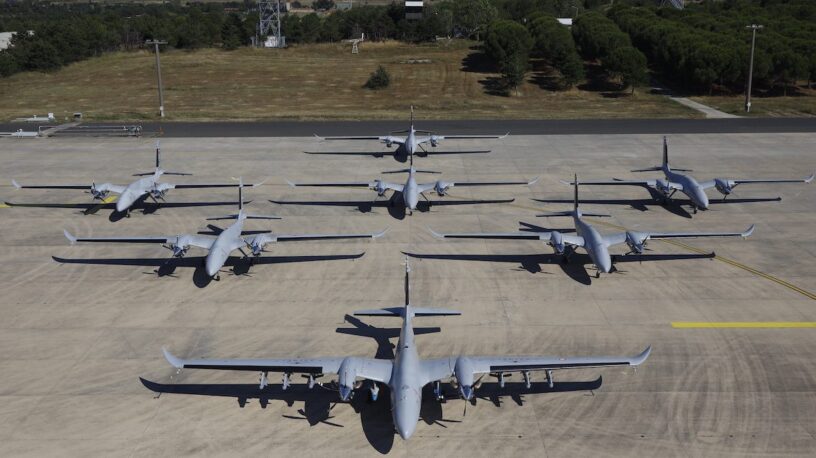Romanian defense firm Carfil, in collaboration with U.S. drone specialist Periscope Aviation, will launch series production of military unmanned aerial vehicles at its Brașov facility by the end of 2025, Economy Minister Bogdan-Gruia Ivan announced during a visit by a U.S. Congressional delegation to Bucharest.
This partnership builds on a strategic cooperation agreement signed last May at the Black Sea Defense & Aerospace Exhibition (BSDA 2024) in Bucharest—an event attended by U.S. Ambassador Kathleen Kavalec—through which Carfil (a subsidiary of state-owned Romarm) and Periscope Aviation formalized their joint drone-development program.
Under the project, Romania will produce dual-use drones, designed for both military and civilian applications, with two initial models, designated “Cuda” and “Sirin,” assembled from Periscope Aviation components. According to Minister Ivan, the first prototype is expected this summer, paving the way for full-scale series production by year’s end.
Carfil’s Brașov plant will eventually manufacture six different drone variants, including kamikaze-style systems capable of carrying precision explosives. Mircea Petru Tanțău, director of Carfil Brașov, has indicated a target output of around 20–25 units per model, roughly 50 drones in total, during the current production year.
The initiative is supported by a protocol signed last year involving the National Institute for Aerospace Research (INCAS) and the Institute for Research and Development in Industrial Machine Building (COMOTI), ensuring that cutting‑edge R&D expertise is integrated into Carfil’s manufacturing processes.
To back these efforts, the Romanian government has earmarked approximately one billion lei in 2025 for domestic military-technology projects, covering drone production as well as future propellant and munitions manufacturing. Minister Ivan also noted plans for a new explosives-facility in Victoria, slated to begin operations within the next two and a half years.
By deepening industrial cooperation with the United States and bolstering local production capacity, Romania aims to enhance its strategic autonomy, reduce dependence on imports, and improve interoperability with NATO allies.



